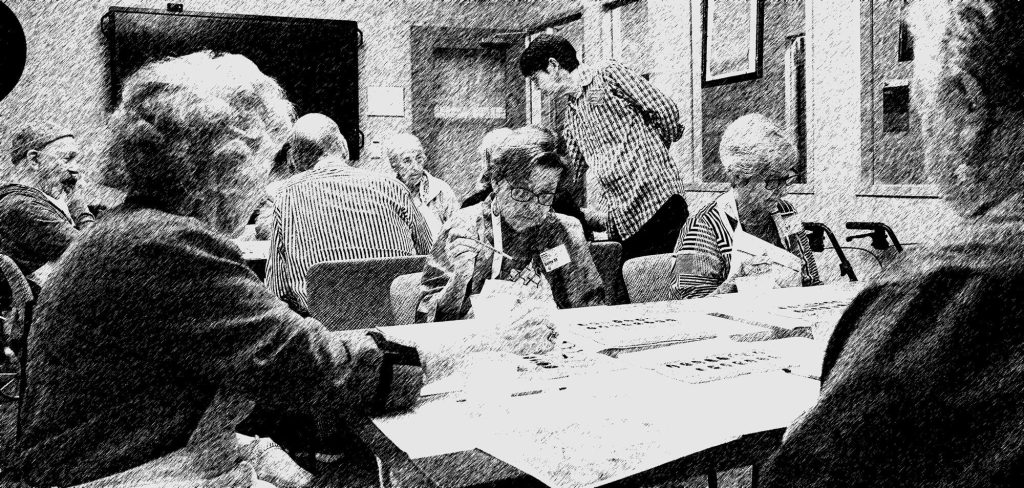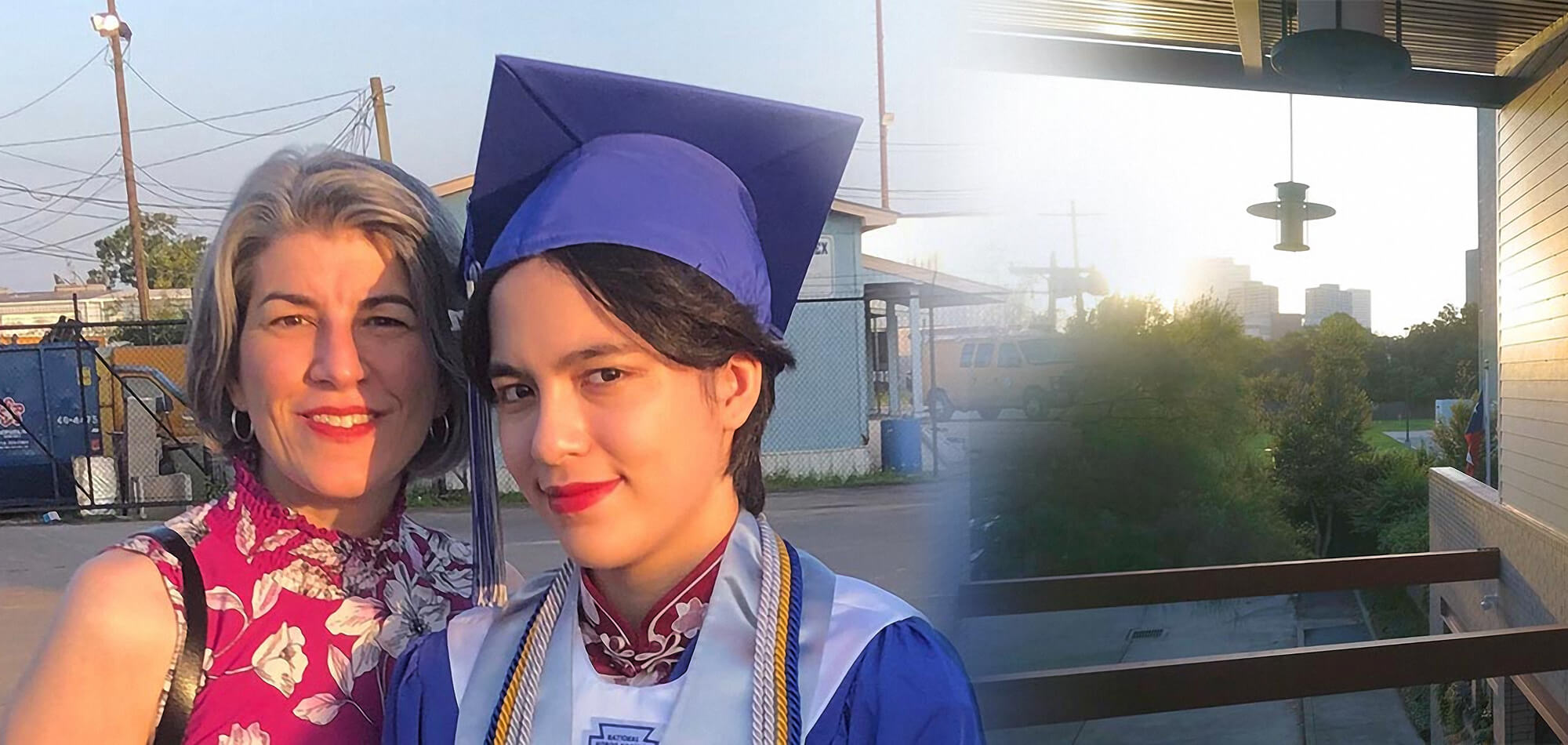Dr. Melissa Yu, Alzheimer’s Disease and Memory Disorders Center, Department of Neurology at Baylor College of Medicine, FAAN, and member of the Amazing Place Advisory Council, believes that everyone deserves dignity and respect. This belief is a family affair– her daughter, Marguerite, a former Amazing Place intern, and Dr. Yu agree on this point. The two offer up a few insights from their experience working with those coping with dementia and Alzheimer’s at Amazing Place.
Those Who Stay Engaged Slow Progression of Dementia.

“People who are around others do better for longer,” says Dr. Yu. In fact, the earlier they get involved with social activities following a diagnosis, the better.
No Matter What Stage, The Individual is the Same Person.

Marguerite, who has worked with both ends of the age spectrum, understands that while someone may be cognitively impaired, they are still the same person you know. They may have new constraints, but finding things—music, puzzles, food, nature—that they have always loved helps find shared joy that allows you to move away briefly from the challenges that occur.
New Activities Keep the Brain Active.

In getting a loved one to try new activities that encourage interaction with others, Dr. Yu suggests finding interesting ways of presenting it. For example, for someone with mild to moderate dementia who may initially be hesitant to join an offering such as Amazing Place’s Day Program, or its Cognitive Stimulation Therapy sessions for those with Mild Cognitive Impairment, position it to them as a social club, a gym for the brain, or an activity center instead of a day camp for those having challenges remembering people, places, and things.
Consistency is Your New Best Friend.

Marguerite, who welcomed Amazing Place Day Program participants and got them started in activities of their choosing, finds that engaged participants are comforted when they stick to an expected schedule. Who knew sticking to a schedule could be so powerful?
Look for Programs that are Holistic in Nature.

Both mother and daughter applaud any program that is multidisciplinary. Dr. Yu, in particular, knows that slowing the progression of dementia requires that many facets of one’s life must be addressed simultaneously. So, programs that integrate cognitive, physical, emotional, nutritional, and spiritual elements into the day are best for everyone’s well-being.
The lessons learned from the Yu household about treating and caring for those with dementia are many. Three important lessons stand out:
- Caregiving crosses many generations.
- Social interaction introduced early after a diagnosis is crucial in slowing the progression of dementia or Alzheimer’s.
- A holistic approach to care is to everyone’s benefit.
